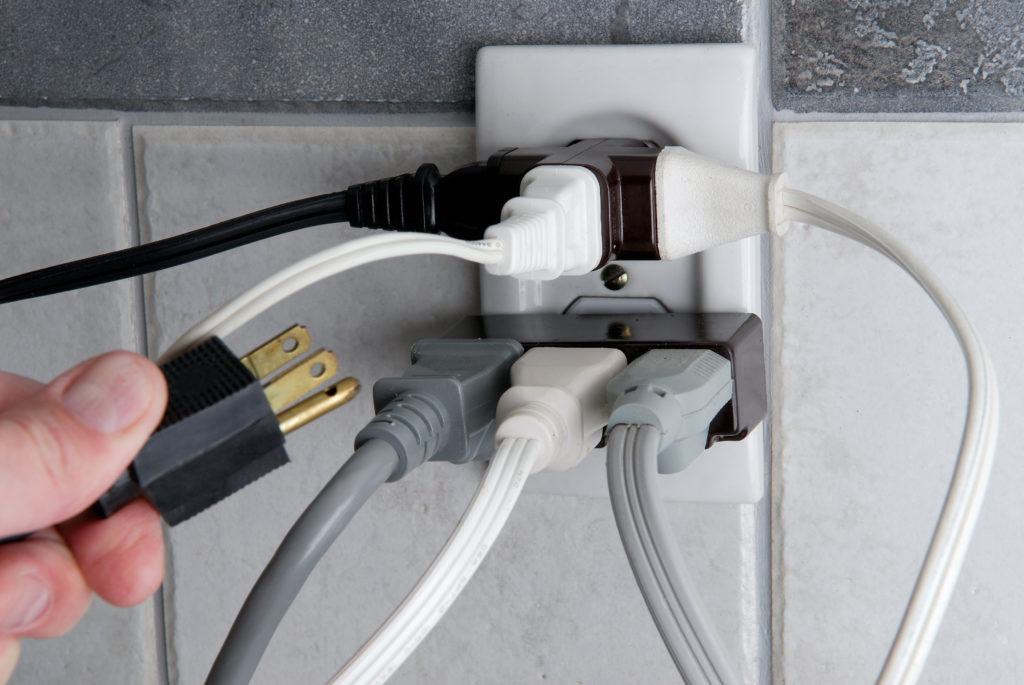Sometimes you might get minor electrical wiring issues in your home. However, it’s vital not to overlook these issues as they can indicate a fault in your electrical system. In some circumstances, this can result in electrical accidents and fires, which can turn fatal. Wiring that is out of date, broken, or otherwise improperly installed and maintained should not be taken lightly. As a result, it’s crucial to address any early signs of an electrical system problem as quickly as feasible. Electrical systems may be extremely dangerous if they are not handled properly, therefore if you don’t know the indicators of electrical difficulties in your home, you definitely need help from an eecol.com expert electricians.
When you experience electrical wiring issues, it’s crucial to contact your local electrical service company to diagnose the problem. Some can be simple and require easy cheap fixes. Others may need a complete upgrade of your home’s electrical wiring system. However, it would help if you didn’t try to diagnose and fix any electrical issue yourself. Getting an authorized electrician is vital to make the correct diagnosis and obtain the proper recommendation.
Various signs can indicate that you need to upgrade your electrical wiring. Below are some common ones you can quickly note and discuss with your local electrical services company.
Your Circuit Breaker Trips
Your household circuit is designed to carry a specific load. As a rule of thumb, every electrical circuit has a device that cuts off power if there’s a fault in your electrical wiring. Cutting off power helps protect your appliances and keep your household safe from electrical accidents. Older models of circuit breakers may have fuses that blow whenever there’s an overload. Whichever model you have, a demand beyond the circuit’s capacity trips the circuit breaker. Thus, cutting off power.
Various reasons can cause your circuit breaker to trip. For instance, your circuit breaker might be designed to carry a load up to 20amps. However, you simultaneously turn on the dishwasher and electric oven because you want to complete your house chores quicker. The load from these two machines can exceed your circuit’s capacity causing it to overheat. Thus, the circuit breaker trips to avoid excessive overheating. The tripping also helps protect your appliances from the risk of fire.
To avoid tripping, you can use one appliance at a time. Alternatively, you can connect the appliances to separate circuits. You should also contact your local electrician because you might need an upgrade of your wiring system to accommodate your electrical appliances.
A short circuit can also cause your circuit breaker to trip. The circuit breaker will cut off the current if there’s a fault in your electrical wiring. This cause can be more dangerous as it can mean naked wires are in your wiring system. Whatever the cause of the tripping, it would be best to arrange for an upgrade of your electrical wiring.

Your Electrical Outlets Are Discoloured
Electrical outlets are commonly white. But with age and use, they may change slightly. The colour change can also be due to burning and arcing in the outlets. This can also be due to a fault in the electrical circuit. Most outlets have a load capacity they can handle. However, if you exceed this capacity, the outlets can start to burn and turn yellow or brown.
When in use, these outlets can feel hot when you touch them. The same goes for the plugs in use on the same outlet. Discolouration and heating of the outlets can indicate that they’re burning from the inside. Letting your electrician look at the deeper cause would be best. However, you may also want to overhaul your electrical wiring as it can indicate an underlying problem.
You Are Using Too Many Extension Cords
Sometimes you might have an appliance at one end of the room, but the nearest outlet is way across on the other side. Because of this, you’d need to use an electrical extension cord to distribute power. Using these extension cords can be convenient. However, it can also be dangerous. The reason is that you could overload the outlet by plugging too many devices into an extension cord. This can cause an electrical fire or damage to your appliances.
Using several extension cords can mean that your original electrical wiring system no longer adequately meets your current power requirements. Thus, it can be time to consider upgrading your system. It’s worth noting that electrical cords can also create an unsafe environment if you have children and pets in the house.
Your Lights Keep Dimming Or Flickering
You may have energy-saving bulbs in the house. However, it doesn’t mean they need their brightness to keep changing to save energy. You might notice that the lights are slightly dim or are flickering whenever you turn on an appliance in the house. This can signal a problem with your electrical wiring overloading the circuit.
Dimming or flickering lights can also mean that your electrical circuit is old or improperly fitted. Given that you may not know the real cause, it would be best to call your electrical service company for a diagnosis. However, upgrading your electrical wiring would be a safe bet.
Conclusion
Electrical wiring issues can be dangerous to your family. Therefore, it’s essential to ensure you pay attention to any changes in the circuit’s performance. If your circuit breaker frequently trips or your lights dim and flicker, it can indicate electrical circuit problems. Thus, it might be time to upgrade your electrical wiring for safety purposes.






